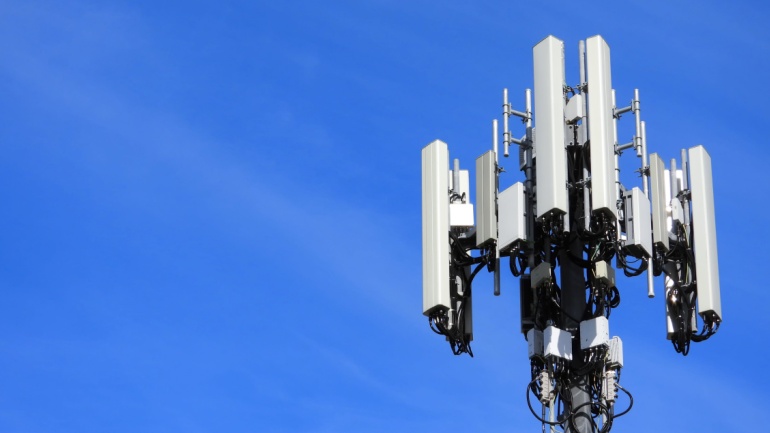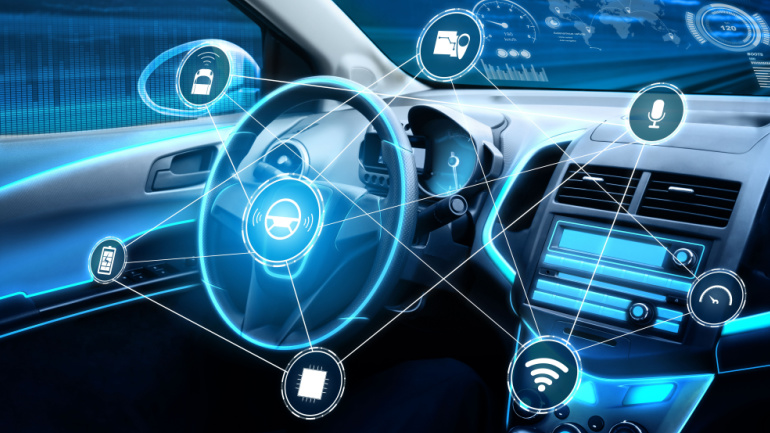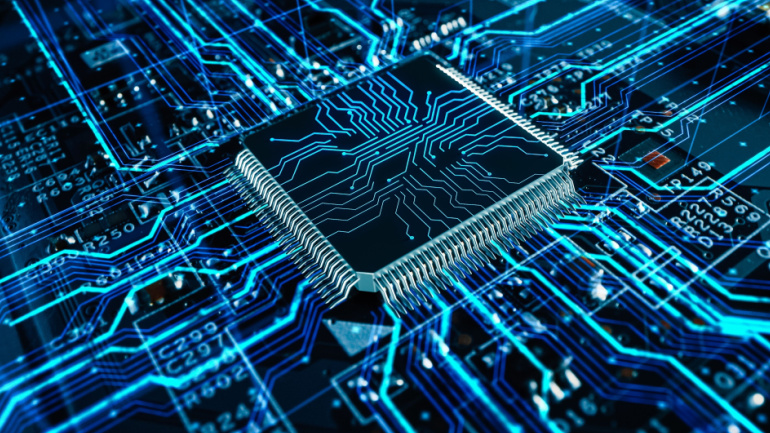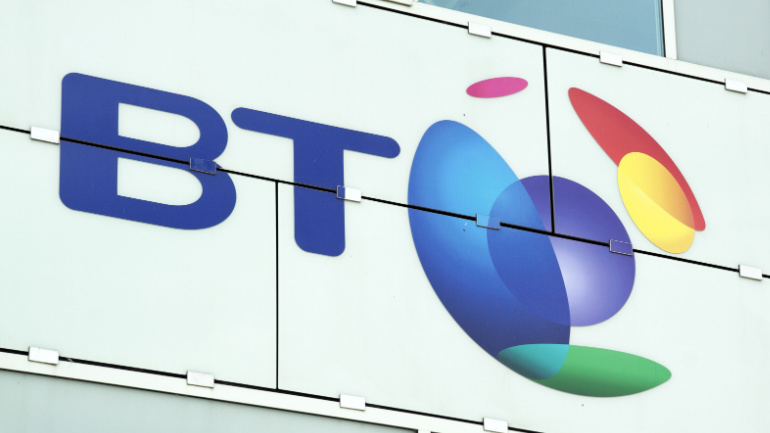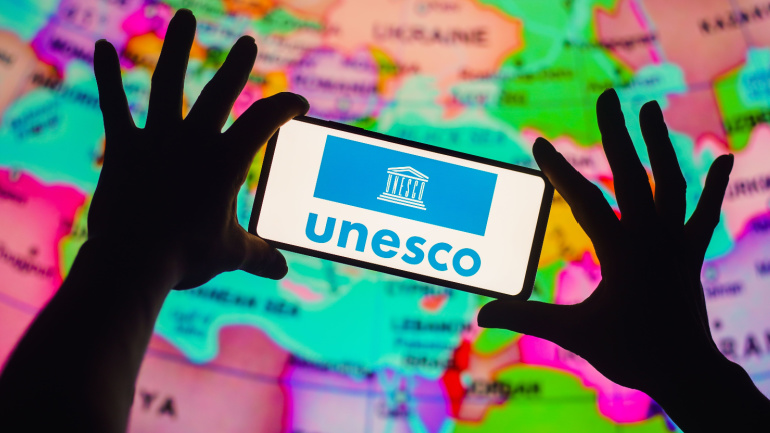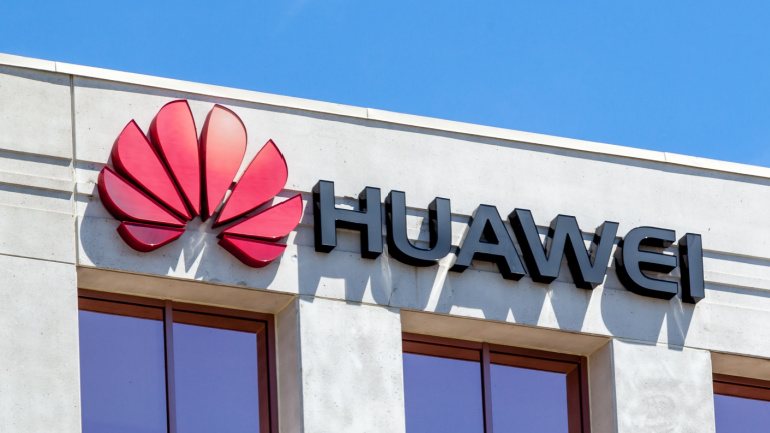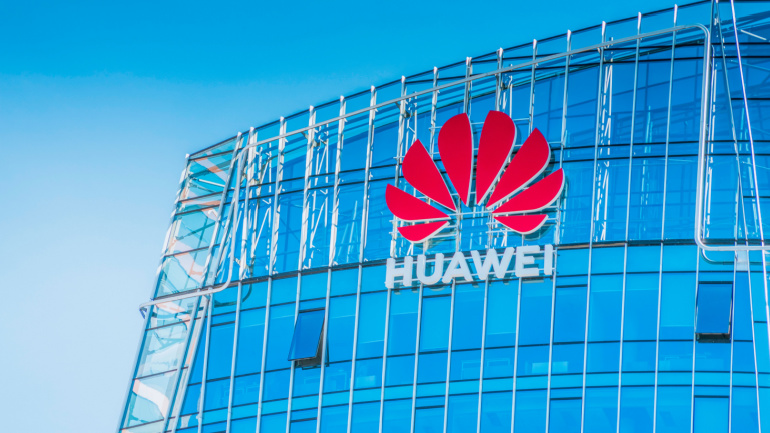According to Counterpoint’s Market Pulse Service, China’s overall smartphone sales saw a modest 1.5% year-on-year growth in Q1 2024, marking a second consecutive quarter of positive growth. Notably, Huawei experienced a remarkable 69.7% year-on-year increase in market share, solidifying its position in the market. This growth was attributed to Huawei’s successful launch of the 5G-capable Mate 60 series and its enduring brand reputation, particularly in the premium segment priced above $600. In contrast, Apple witnessed a 19.1% year-on-year decline in market share during the same period, partly due to Huawei’s gains in this segment.
In a significant development for Romania’s telecommunication landscape, Huawei, the Chinese equipment manufacturer, has faced a major setback. The Romanian government has formally declined Huawei’s request to deploy its technology within the nation’s 5G networks. This decision, disclosed through the Romanian government gazette without an official press statement, effectively bars Huawei from any future participation in the Romanian mobile network market.
At MWC 2024, a pioneering agreement was drawn between Indosat Ooredoo Hutchison and Huawei, aiming to bolster AI’s transformative role in industry applications and skill enhancement. With AI driving industrial growth, both parties jointly commit to democratizing digitalization and nurturing shared cloud resources, fostering innovation and significant growth.
Telecommunications giant Kirin partners with Chinese auto manufacturer Dongfeng, aiming to innovate in ‘new energy’ automobiles. The deal looks to infuse Huawei tech into Dongfeng’s vehicles, sparking curiosity around specifics and outcomes. Voyah, the brand at the center of the deal, ambitiously plans to double their output, leveraging China’s vigorously blooming EV market.
In the ongoing technological rivalry between the United States and China, Huawei has emerged as a significant beneficiary, particularly in the realm of artificial intelligence (AI). The U.S. government, in its persistent efforts to hinder China’s progress in AI development, has implemented various bans on the sale of certain products from American companies to their Chinese counterparts. The focus of this battle shifted notably to AI over the past year, with China positioning itself as a frontrunner in AI, albeit still relying on U.S. company Nvidia for crucial high-performance chips.
Navigating the challenging mandates of the dynamic telecommunications world, UK’s premier telecom operator, BT, stumbles upon an obstacle. The company has failed to adhere to the deadline for the complete removal of Huawei equipment from its core network. The deadline, already deferred twice, raises doubts over the telecom titan’s ability to successfully transition away from Huawei’s infrastructure within the stipulated timeframe. A UK law dictates all network carriers to rid their systems of Huawei equipment by the end of 2027.
In a collaborative effort, UNESCO and Huawei have contributed to the advancement of education in Ethiopia through the Technology-enabled Open School Systems for All project (TeOSS). This initiative, part of Huawei’s TECH4ALL program, has been operational in Ethiopia, Egypt, and Ghana since 2020, with a recent donation ceremony held at the Ethiopian Ministry of Education.
In a testament to the synergy of shared innovation, Huawei and Sharp enter an intellectual property cross-licensing agreement. Such alliances underline the value of IP rights while enabling competitive market offerings. However, details like the deal’s duration and financial aspects remain undisclosed – a recurrent practice in the telecom sector.
Chinese tech juggernaut, Huawei aims to bolster its global partnerships, despite facing recent US sanctions. Pivoting to the automotive sector, Huawei’s Intelligent Automotive Solution (IAS) is poised to become a driving force in smart electric vehicles software and parts. Interestingly, while Mercedes Benz declined an investment offer to retain its software independence, a collaborative opportunity with Audi for autonomous drive technology is reportedly in play.
Huawei’s new Paris Innovation Centre reflects its pledge to advance the tech landscape in Europe through collaboration. This £2 million-per-year initiative aims to cement positive relations between corporations and small-medium enterprises (SMEs). SMEs, the bedrock of Europe’s economy, often grapple with the complexities of digital transformation, an issue the Innovation Centre seeks to address.




